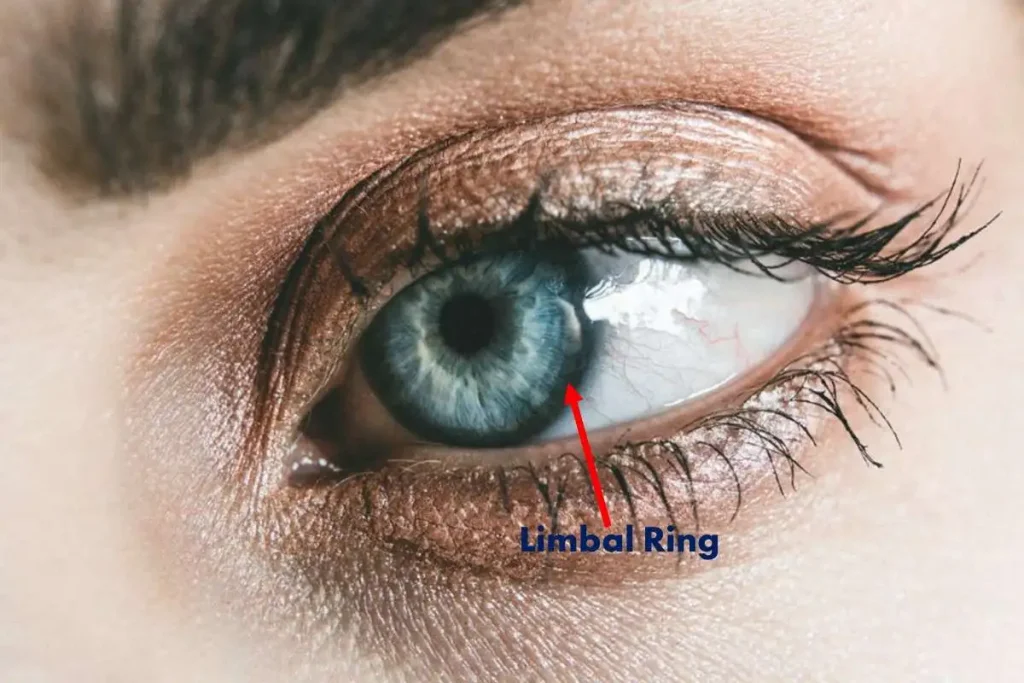Are you someone who has a left and right cheek twitch? If so, you might be questioning what is happening, and what is the left or right cheek twitching superstition. Not to worry, we’re here to help you figure out what’s going on based on common beliefs, myths, superstitions, and spirituality.
We are here to provide you with all the information you need to better understand why your left and right cheeks are twitching and what it can mean spiritually.
Twitching can be related to many superstitions. These superstitions try to explain why the behavior occurs. Superstition is a belief that is not supported by evidence or reason and people pass them down from one generation to another
Most superstitions related to twitching are considered a sign of bad luck (although some take them as an omen of good luck) but such beliefs and superstitions are gradually losing their grasp on people as science and technology have progressed.
Cheek twitching is the movement of the muscles under your skin, which causes your cheek to twitch involuntarily. Medically, it may be caused by muscle spasms, nerve problems, and sometimes stress.
Let’s try to find out which right and left cheek twitching superstition is commonly seen throughout different cultures and geographical locations.
Cheek Twitching Superstition and Myths

The interpretation of involuntary cheek muscle movement or cheek twitching will vary by geographical location, culture, religious beliefs, and traditions.
The spiritual meaning will also differ depending on which part of the cheek is twitching. Some people believe left cheek twitching is a sign of good luck while others think it means you’re going to fail.
In Japan, the left cheek is traditionally associated with good luck. Some people in Japan believe that if the left side of your face, including the cheek twitches then you will receive a stroke of good luck.
Some cultures believe that if only one side of your cheek twitches, it brings good luck and could signify a prosperous future ahead. Others believe that twitching on both sides indicates impending doom.
There are many superstitions associated with the twitching of our cheeks, but we’ll discuss the most common of such spiritual messages related to those on the left and right cheek twitching.
Left Cheek Twitching Superstition and Spiritual Meaning
The meaning of the left cheek twitch has been passed down through the generations. Some people have different superstitions surrounding it.
For example, in China and India, it’s common for people to believe that twitching in certain areas of the left side of your face, such as the cheek, lip, eye, and nose is a sign of good or bad luck.
1) Left Cheek Twitching Superstition Meaning in China, Nepal, India, and Africa
In China, the left side of the body is associated with bad luck. The twitching of a left cheek is considered a spiritual omen of bad luck.
But in India and Nepal, the left side of the face is considered lucky. Fluttering these parts of your face is a sign of good luck for men and bad luck for females.
In Hindu communities of Nepal and India, the spiritual meanings and superstitions of twitching and itching in the body parts not only depend on which side of the body is affected but also depend on the gender of the person having this phenomenon.
Similarly, twitching in the upper left cheek is commonly associated with myths in African communities. It is seen as an indication of a negative perception of a person’s achievement or success.
2) Left Cheek Twitching Means Problem in Love Life and Argument
When twitching involves the left cheek, it could mean that you are going to kiss someone you don’t like. It also means that you may have a problem with your loved one or someone you know. Left cheek twitching also indicates that there will be an argument or a fight with someone close to you.
3) Someone is Thinking About You
According to one of the most widely believed superstitions, twitching of the left cheek indicates that someone is talking about you or thinking about you.
4) You might have to Cry
Twitching in the cheek is just a normal sign that your facial muscles are relaxed and it can happen for many reasons. But there is one common superstition that says twitching of the left cheek means that you are about to cry.
But if you are expecting a baby or trying to get pregnant, left cheek twitching is a good sign as it represents pregnancy. But very few people believe in this superstition.
5) Loss of Wealth
Involuntary muscle movement of the left cheek near the nose is a sign of a bad moment, especially a loss of money or wealth.
Right Cheek Twitching Superstition and Spiritual Meaning
We’ve all heard that a twitch on one side of the face means you’re lying. There are other explanations for facial twitches, though. For example, if your right cheek is twitching, it could be a sign of good luck, prosperity, and success.
1) Right Cheek Twitching Means Good Luck
For many people, left cheek twitching is thought to be a sign of ill luck. Right cheek twitching is the total opposite of left cheek twitching, so it means good luck.
However, some people believe if your right cheek or the frontal side of your face twitches, it’s a sign of bad luck. A lot of cultures around the world also share this same belief.
2) Someone is Missing You
According to one of the most widely believed superstitions, right cheek twitching means that someone dear to you is missing you and thinking about you at that moment.
3) Omen of Good News
As the right part of the body twitch is the harbinger of good luck, many people believe that right cheek twitching can also indicate good news coming your way.
4) You’ll Soon Receive the Money
A twitch on the right cheek near your nose means that you will soon receive money. Contrary to this meaning, a tic on the left cheek signifies wealth loss.
Medical Definition of Cheek Twitching
The twitching of a person’s cheek is also called hemifacial spasm and describes the involuntary contraction of one (or both) sides of the face’s muscles, including the cheek. It usually occurs on one side, but it can happen on either the left or the right.
Hemifacial spasm is a nerve-related or neurological disorders. It causes involuntary facial muscle twitches (spasms) on one side (hemi-). The facial muscles on the affected side contract and release, causing the cheek, eyebrow, or other parts of the face to twitch. This condition can range from mild to severe.
Both genders can experience hemifacial spasms. This is more common in women over the age of 40.
Hemifacial spasm is a medical condition that causes the muscles on one side of the face to contract involuntarily. This can lead to a range of symptoms such as facial droop, difficulty smiling, and involuntary chewing.
Hemifacial spasm is caused by a compressed facial nerve in the neck and face regions that send signals from this area to the brain.
Generally, the first thing you might notice with hemifacial spasms is intermittent eye twitching. Eye twitching usually does not indicate any health problem, but if you have a hemifacial spasm, it often develops into twitching in other facial areas, including cheeks.
The treatment of the hemifacial spasm Depends on symptom severity. The available treatment options include:
- Oral medication.
- Botulinum toxin type A (Botox®) injections.
- Surgery.
Final Words from Health Kura
Still, believing in superstitions? Here’s the kicker, some of the superstitions that we love to follow are not just silly myths but are related to our spiritual life. Whether you are a believer or not, superstitions have been around for ages and have their own interesting stories behind them.
The same thing goes with right and left cheek twitching superstition. It’s all up to you whether or not to have faith in such practices, but they have a stronghold in our life.
Some people are genuinely delighted by their superstitions and believed that they could only have good outcomes after learning about them. Others are disappointed. It really depends on the person and what they believe will happen once they find out about the superstitions.
One of the most important skills in life is to be able to listen to one’s body. When it sends us messages, we need to take notice and analyze our body activities and possible meanings. If these two steps lead you to a conclusion, then it is definitely worth following that conclusion, whether it is related to medical science or superstition and spirituality.
Video: Face or Cheek twitching, Causes, and Solutions
You Might Also Like






